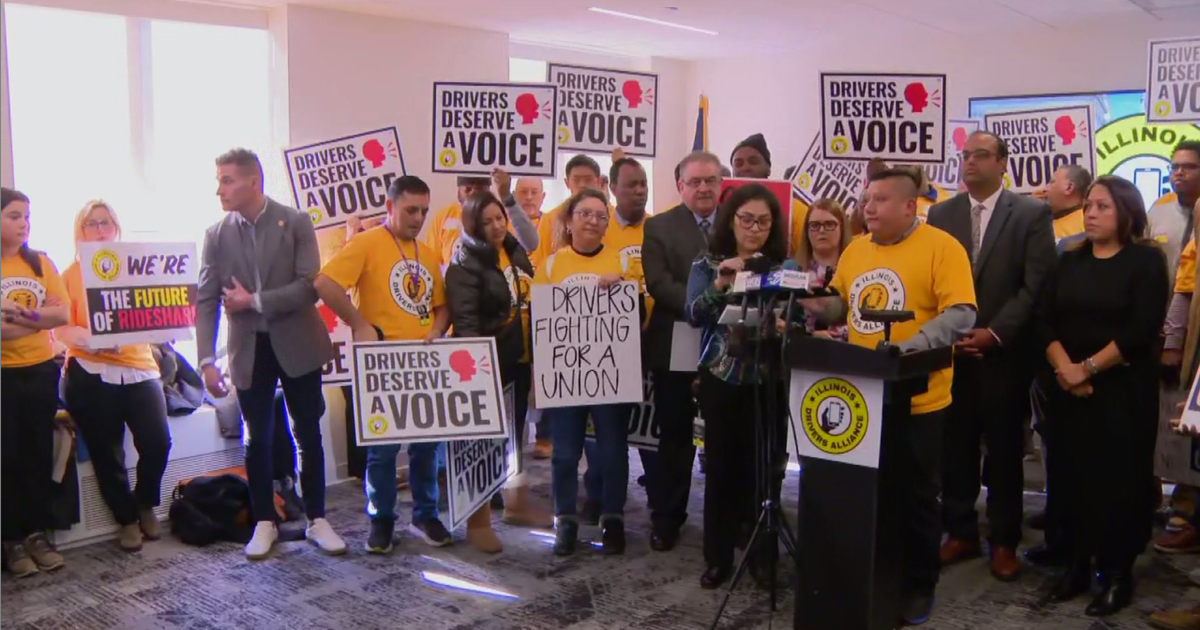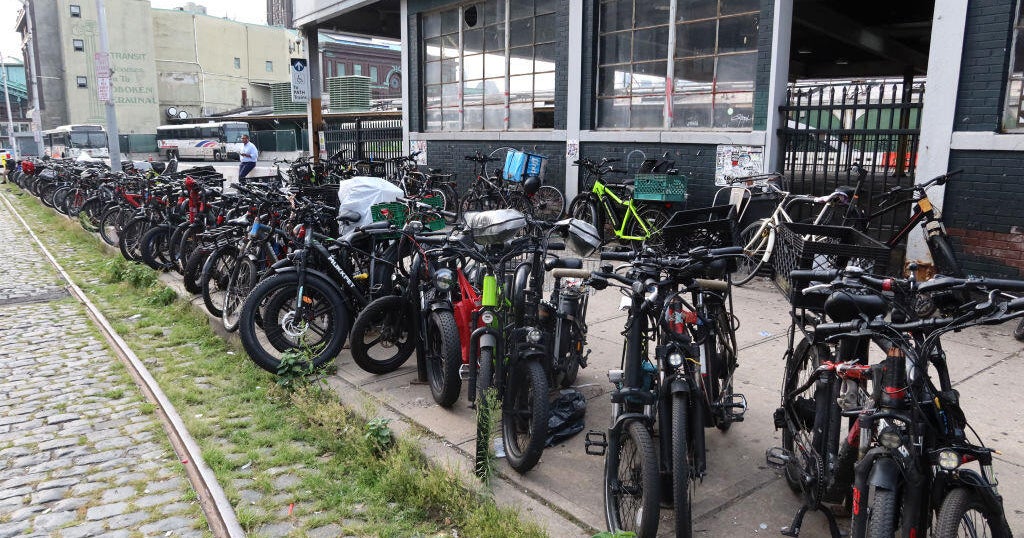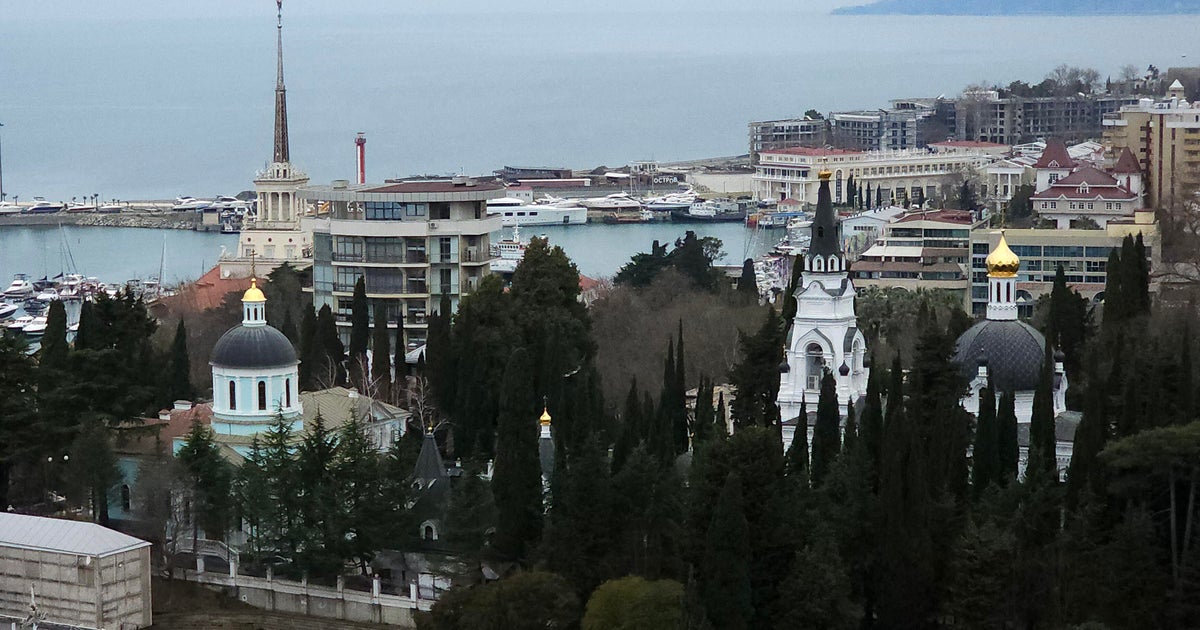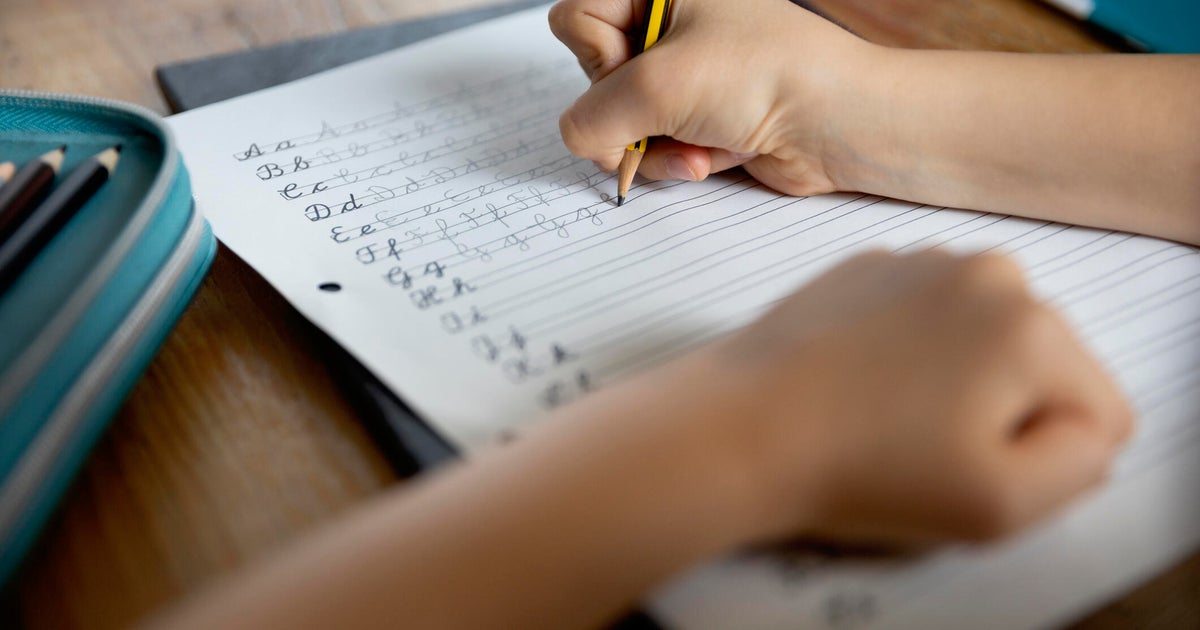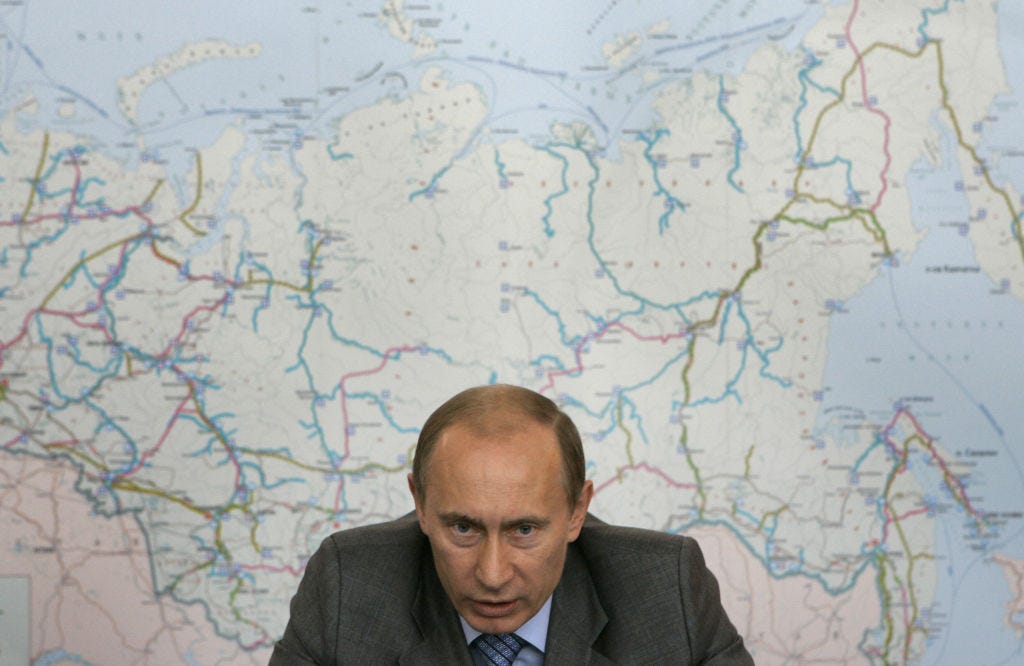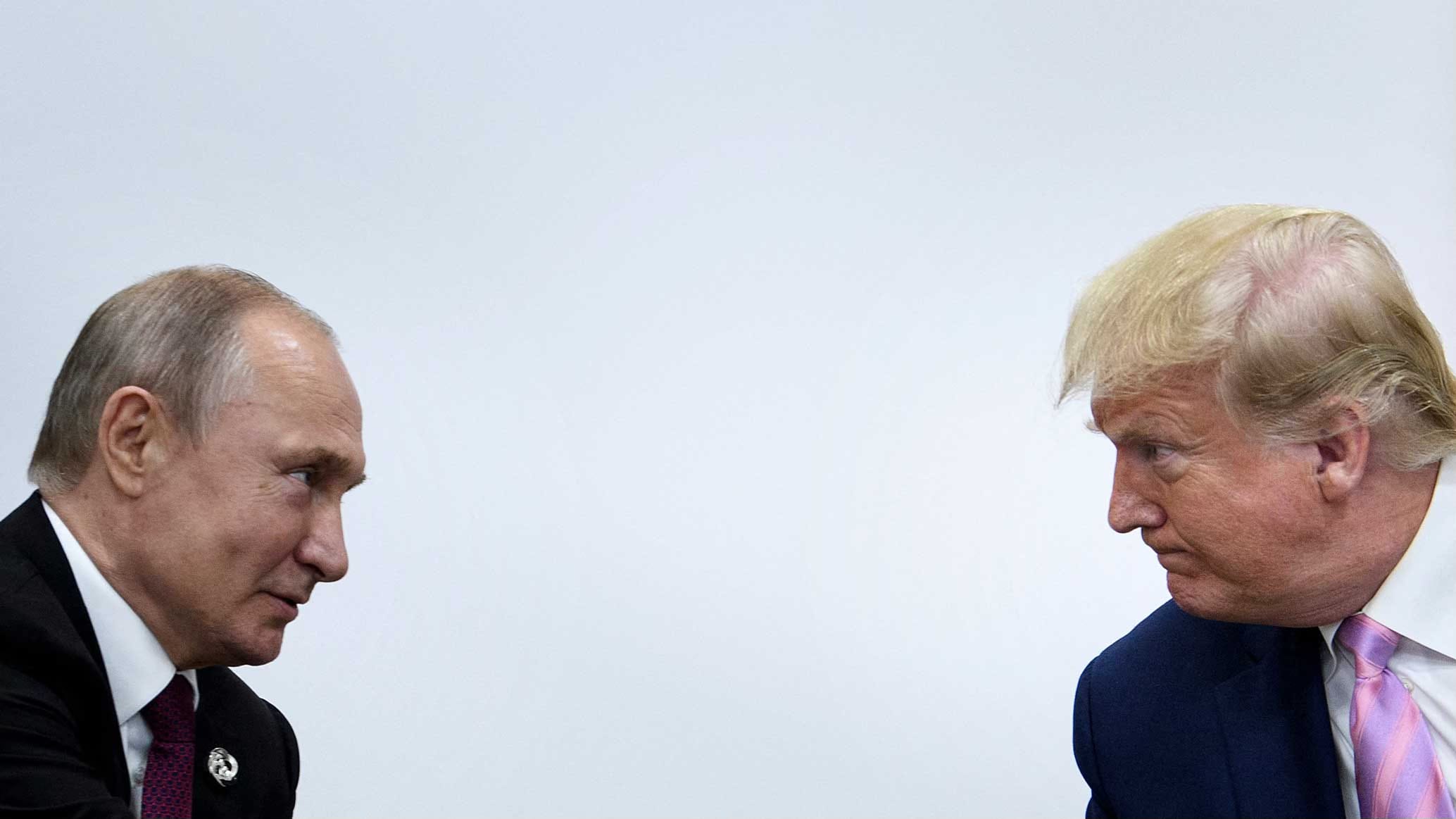Vladimir Putin trying to ring-fence Russian web with "sovereign internet" law, but it could backfire
- President Vladimir Putin has signed legislation aimed at ring-fencing the Russian internet from the rest of the world.
- The law, if implemented, would give Russia's government the ability to shut down large sections of the web, and make censorship much easier.
- Experts, and even the Russian government's own internet ombudsman, say it will be difficult, if not impossible, to implement the law successfully -- and it could even backfire.
Moscow -- President Vladimir Putin signed a bill last week aimed at creating a "sovereign internet" in Russia. The legislation, which the government says is meant to protect the country's cyberspace from attacks by hostile powers, outlines new government controls over all internet traffic in Russia. It has prompted concerns that the Kremlin might use its new powers to further crack down on freedom of speech to silence its critics.
The lawmakers who drafted the legislation have called it a response to the "aggressive nature" of the U.S. government's National Cybersecurity Strategy, which was released in September 2018. In the document, the White House listed Russia as a key threat and vowed to take appropriate measures to thwart hostile acts originating from the country.
Implementation of the law, its authors said, would protect all users of the internet in Russia by isolating the World Wide Web in the country completely from the rest of the world. The theory being that, should the U.S. one day decide to disconnect Russia from the global web, users would still have a sustainable connection.
"It will make Russian segment of the internet immune to threats," Senator Andrei Klishas, who co-authored the bill, proclaimed in December.
Mounting censorship attempts
Critics of the law have condemned it as yet another tool in the Kremlin's expanding censorship toolkit. Its adoption came just two months after Putin signed another piece of controversial legislation restricting online media and outlawing "fake news" and insulting the government.
The Kremlin has been trying to assert control over the internet since about 2012, when mass anti-government protests, coordinated via social media, erupted in Moscow.
Over the past seven years, Russian state institutions have gained new powers to block websites, prosecute and imprison social media users for comments and likes, and carry out surveillance of online communications.
But while the new powers are vast, the government has had only limited success in implementing them. In some cases, the efforts have simply failed, experts have told CBS News.
"Look at where they are with blocking Telegram; nowhere," Mikhail Klimarev, director of an organization in Russia called the Internet Protection Society, told CBS News. The popular messaging app was officially banned in Russia last year, but is still widely used.
"Any success with the Yarovaya Law (which legalized the mass surveillance of internet users in Russia) two years after it was adopted? None," Klimarev said. "It is just not working. This law won't work either."
Shot to the foot?
The "sovereign internet" law comes into force in November. Its implementation will cost Russia's federal government at least $306 million. Some estimates show the actual price-tag to try and ring-fence Russia's corner of the internet could be triple that figure, however.
According to the law, internet service providers will have to install sophisticated equipment that can analyze traffic and filter it in accordance with set criteria. This equipment will be programmed and managed by Roskomnadzor, the Russian state's official internet and media censor. Roskomnadzor will create a separate center to monitor and manage networks. This center will be tasked with controlling all internet service providers (ISPs), networks and web traffic in the country.
But Klimarev said it was still unclear how the measures would protect the Russian internet in the event the U.S. does try to pull the plug, "and they (the U.S.) can't really switch us off anyway."
In fact, Klimarev argued that "if anyone were to attack the Russian segment of the web, accumulating control over all the traffic in the country in one institution, this new center would make it much easier than targeting thousands of ISPs scattered across the country."
Dmitry Marinichev, Russia's state-appointed internet ombudsman and one the most vocal critics of the law, echoed Klimarev's sentiment: "Centralized management of the networks only increases the risks," he told CBS News. "It makes networks more vulnerable, more prone to failures."
Even less free speech
Those pitfalls notwithstanding, activists and free-speech advocates warn that, if implemented in full, the new law could theoretically do some damage.
It would make censorship easier and more effective, said Damir Gainutdinov, an internet freedom lawyer with Agora, Russia's most prominent human rights organization.
"Currently, when the government wants to block something, it orders ISPs to carry out the blocking. In the new law the government takes over from ISPs and orders them to install equipment that would block things for them," Gainutdinov told CBS News. "It means they believe they can do it more effectively."
Klimarev noted that the constant analyzation and filtering of all traffic will lower the quality of Russian internet users' connections. Adding insult to injury, ISPs may raise the cost of their services -- after all, they could be forced to pay for installation and maintenance of the mandatory new equipment; it isn't clear yet. The "vast majority of ISPs in Russia are really small, and it would be quite a burden on them," Klimarev said.
Finally, the government could be able, in effect, to shut the internet down in Russia by rerouting all traffic in a certain way, according to Artyom Kozlyuk, founder of Roskomsvoboda, a Moscow-based internet freedom advocacy group.
"It's unlikely they'll be able to do it for the whole country, but for one region, where, say, people are protesting -- for sure," Kozlyuk told CBS News.
"Go around it"
All the experts who spoke to CBS News agreed that there's only a small chance the law will even be implemented. They said it will likely prove too complicated.
"It will cost a lot of money, and no one really knows how to make it work," said government ombudsman Marinichev, a virtual currencies mining entrepreneur whom Putin tapped for the official post in 2014.
In order to start implementing the law, Russia's parliament still needs to pass 31 additional bylaws outlining the specifics of the technology involved. Before that happens no one can do anything, noted Klimarev.
The new equipment needs to be installed by each and every one of the approximately 7,000 ISPs operating in Russia for the law to really work.
"I don't see how it's possible to make sure all 7,000 of them actually do it. They know how to play these games -- they've been dealing with various types of government-imposed restricting equipment for a while now," Klimarev said.
Those providers don't like it, he added, as it only makes their lives more difficult. "So when they can, they find ways to avoid it."
Even if the government does manage to create and sophisticated censorship technology and get it installed across the board, Gainutdinov, the lawyer, said private enterprise has a way of surmounting new obstacles.
"Companies and services adapt, and for every (restrictive) technology, there are several tools to go around it," he said.


